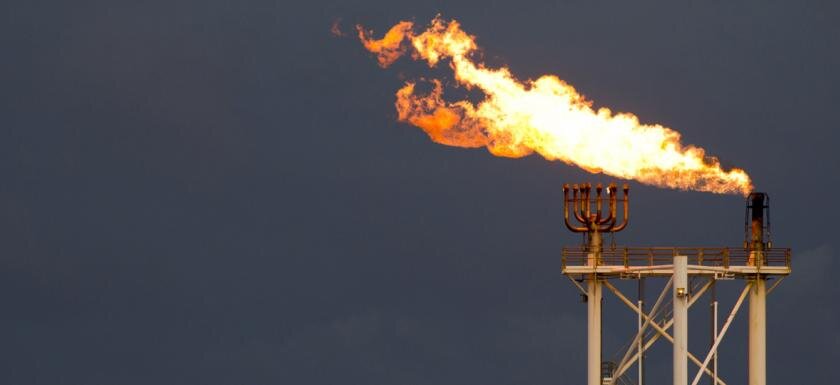
This blog was written by a concerned and engaged CCJ member and retired nurse who attended Monday night’s community meeting at the Canon-McMillan High school. With her permission, we are sharing her comments with you as the 5th in our What’s on your mind? series.
“Well, to say that the October 7 community meeting at Canon-McMillan HS was disappointing would be an understatement.
In my view, whether they meant to disclose it or not, the speakers’ slides clearly indicated their awareness of factors warranting further investigation and identified limitations in their data collection criteria. They are aware of gaps in their assessment process. However, rather than acknowledge that their data collection criteria and CDC guidelines need to be revisited for their continued relevance (given the guidelines are 31 years old), they used those weaknesses as a defense for the conclusions they had drawn. I’m not sure how both the CDC and the DOH can justify not exploring opportunities for improvement in such important processes.
The comments and questions from the audience focused almost exclusively on Ewing’s sarcoma rather than the increase in cancer types collectively, on fracking rather than all area pollution sources, of which there are many (including the long-standing radiation storage sites), and on chastising the DOH. However, given their role and expertise, the DOH could not be expected to address the impact of the multifaceted activities of the natural gas industry on the environment, as that is not their role.
We are seeing a clear inability, or perhaps unwillingness, to control pollution from many sources. Unfortunately, there has been no investment of time or resources to go by the precautionary principle, which could have protected many of us from the harms to public health and the environment.
There is plenty of blame to go around: the DOH, the natural gas industry, the U.S. Department of Energy, local legislators, Washington and Greene County Commissioners, and the Washington County Chamber of Commerce – all of whom are steadfast in their support of the natural gas industry (see recent Observer-Reporter article by Jeff Kotula, President of the Washington County Chamber of Commerce; Letter to the Editor in support of the oil and gas industry by Diana Irey Vaughan, Washington County Commissioner; Senator Camera Bartolotta’s endless touting of anything industry-related; the newly-approved Greene County Comprehensive Plan. Also, notice the difference between the local Washington Observer-Reporter and Pittsburgh Post-Gazette newspaper coverage – the list goes on…)
Most cancers tend to manifest over time. It appears there is enough evidence at this point to warrant a proactive approach via aggressive research rather than react when the incidence numbers meet CDC guidelines. Like it or not, nothing of substance will be done to ban polluting sources until that elusive cause-and-effect is uncovered. I believe the panel should have included additional speakers who can support the need for a comprehensive science-based air, water, and soil assessment.
I am hopeful that Monday evening’s event, if nothing else, brought sufficient attention to the DOH Registry’s shortcomings and will prompt a comprehensive review. I’ve found over the years that crises can serve as a catalyst for change.
I do want to add how appreciative many of us are that you [CCJ] are advocating for the residents of Washington and Greene Counties, especially the families who are suffering the consequences of these polluting industries – especially when all around us, accommodations are being made to court and support these companies and to defend their activities, though they threaten public health and welfare.”

